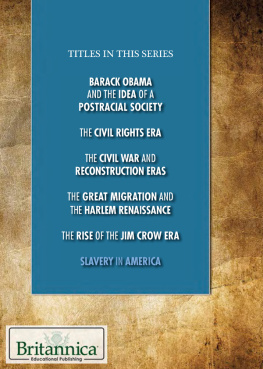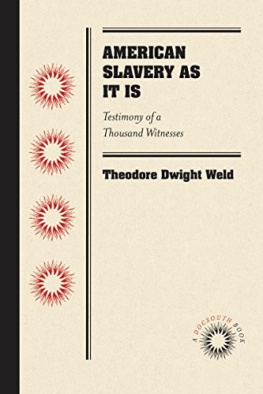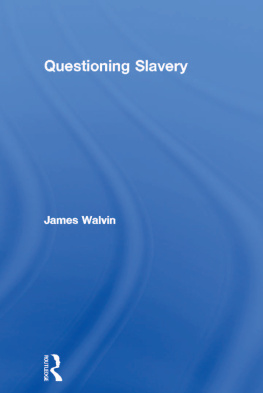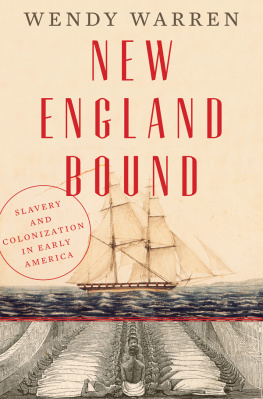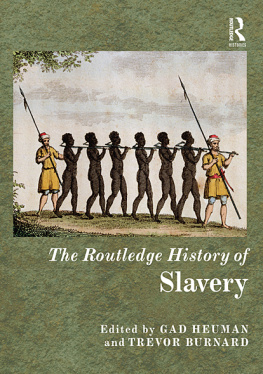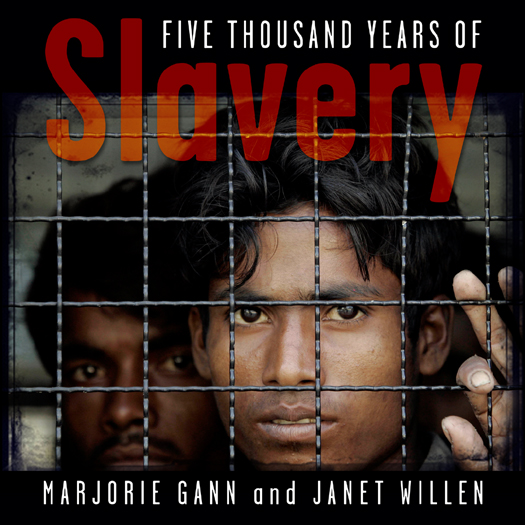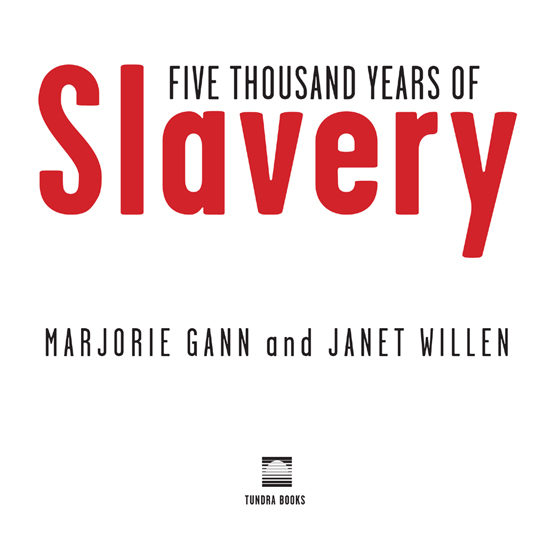Text copyright 2011 by Marjorie Gann and Janet Willen
Published in Canada by Tundra Books,
75 Sherbourne Street, Toronto, Ontario M5A 2P9
Published in the United States by Tundra Books of Northern New York,
P.O. Box 1030, Plattsburgh, New York 12901
Library of Congress Control Number: 2009938446
All rights reserved. The use of any part of this publication reproduced, transmitted in any form or by any means, electronic, mechanical, photocopying, recording, or otherwise, or stored in a retrieval system, without the prior written consent of the publisher or, in case of photocopying or other reprographic copying, a licence from the Canadian Copyright Licensing Agency is an infringement of the copyright law.
Library and Archives Canada Cataloguing in Publication
Gann, Marjorie
Five thousand years of slavery / Marjorie Gann, Janet Willen.
Includes index.
eISBN: 978-1-77049-151-9
1. Slavery History Juvenile literature.
I. Willen, Janet II. Title.
HT861.G35 2011 j306.36209 C2009-905868-5
We acknowledge the financial support of the Government of Canada through the Book Publishing Industry Development Program (BPIDP) and that of the Government of Ontario through the Ontario Media Development Corporations Ontario Book Initiative. We further acknowledge the support of the Canada Council for the Arts and the Ontario Arts Council for our publishing program.

Design: Leah Springate
v3.1
This book is dedicated to the memory of our parents, Aaron and Alice Lowenstein, who taught us by example that all people are created equal.
AUTHORS NOTE
For historical accuracy, we have kept the original spelling, punctuation, and capitalization of the people we quoted unless we needed to make a slight change for clarity. Sometimes we have also included comments by people who used words or sentiments that are offensive to us. Obnoxious as they are, these statements reveal to us the racial prejudices used to justify slavery.
Many place names have changed through the years. Depending on the context, we either replaced the earlier name with todays or indicated the modern name in brackets. Place names in the maps correspond to those in the text, and so the maps do not match a specific period of time.
ACKNOWLEDGMENTS
We are grateful to the many scholars and antislavery experts who helped us to understand how slavery worked in the past and how it operates today. First and foremost, our thanks go to Professor Martin Klein of the University of Toronto, whose extensive knowledge of world slavery guided our research and who generously read and commented on our manuscript. Kevin Bales, president and co-founder of Free the Slaves, gave us an experts insight into the complexity of modern slavery. Thanks, too, to Professor Lara Braitstein, McGill University, Montreal, for her assistance with understanding Buddhism; to Natalie Zemon Davis, professor of history emeritus from Princeton University and currently associated with the University of Toronto, for opening our eyes to John Gabriel Stedmans account of the slave Quassie; to Andres Dobat, PhD, Aarhus University, for reading the sections on the Vikings; to Muriel Guigue of the International Cocoa Initiative, Stephanie Mannone of Free the Children, and Laura Germino, of the Coalition of Immokalee Workers, for checking the material relating to their organizations for accuracy; to Rabbi Edward Elkin, First Narayever Congregation, Toronto, for helping us to contextualize biblical law and Hebrew practice; to Kent Hackmann, professor emeritus, University of Idaho, for reviewing the chapter on South America and the Caribbean; to Randy J. Sparks, professor and chair, Department of History, Tulane University, and author of The Two Princes of Calabar: An Eighteenth-Century Odyssey, for answering our questions about the Robin Johns; to Professor Ehud R. Toledano, Holder, University Chair for Ottoman Studies, Department of Middle East and African History, Tel Aviv University, for his helpful suggestions on Ottoman slavery; to James F. Warren, professor, Southeast Asian Modern History, Murdoch University, and author of Iranun and Balangingi: Globalization, Maritime Raiding and the Birth of Ethnicity, for guiding us through the Sulu Zone; and to Marcia Wright, professor of history (emerita), Columbia University, New York, and author of Strategies of Slaves & Women: Life-stories from East/Central Africa, for helping to place the stories of Msatulwa Mwachitete and Meli in their cultural and historical context, and Terence Walz of Lilian Barber Press for granting us permission to print excerpts from these narratives. Of course, any errors or misinterpretations are entirely our own.
Special thanks are due Francis Buk, who arrived in the United States with a forged Sudanese passport that incorrectly spelled his name Bok, and reclaimed his parents name when he became a U.S. citizen in 2007. Buk generously shared the story of his enslavement and escape with us. We hope that his experiences, as told here and in his memoir, Escape from Slavery, will inspire our readers to join the fight to wipe slavery off the face of the earth.
Our thanks to the people at Tundra Books to Kathy Lowinger, who saw the potential in our proposal and helped to shape our ideas into a readable story; to Kathryn Cole, who remained unflappable despite the books inevitable birth pangs; to Lauren Campbell, who chased down permissions for many elusive images; and to Gena Gorrell, whose eagle eye spotted things we would surely have missed.
Our love and thanks to our families Mark, Andy, Deborah, Eleanore, and Joey for their support and encouragement, and to the many friends who lent us books, referred us to websites, sent us articles, and lifted our spirits.
Finally, we are grateful to all those slaves who bravely told their stories so their plight would not be forgotten.
CONTENTS
1 KINGS, PHARAOHS, AND PROPHETS
The Ancient Near East
2 REBELLION AND REVENGE
Ancient Greece and Rome
3 SAINTS AND VIKINGS
Europe in the Middle Ages
4 IN THE REALM OF THE QURAN
Slavery under Islam
5 CARAVANS, CANOES, AND CAPTIVES
Africa
6 EXPLORERS, LABORERS, WARRIORS, CHIEFS
The Americas
7 THE TREACHEROUS TRIANGLE
South America and the Caribbean
8 THE MONSTER IS DEAD!
British Abolition
9 IN THE LAND OF LIBERTY
North America
10 CIVIL WAR, CIVIL RIGHTS
The United States
11 BLACKBIRDERS, COOLIES, AND SLAVE GIRLS
Asia and the Southern Pacific
12 SLAVERY IS NOT HISTORY
The Modern World
If slavery is not wrong, nothing is wrong.
U.S. President Abraham Lincoln, April 4, 1864
TO BE A SLAVE
Francis felt honored and excited. His mother was sending him to the marketplace to sell hard-cooked eggs and peanuts, with only the older village children to watch out for him. Francis was just seven years old, but he knew his mother was giving him a big responsibility. He was determined to make her proud. She handed a bigger boy the buckets of food to carry, but Francis took them from him.


